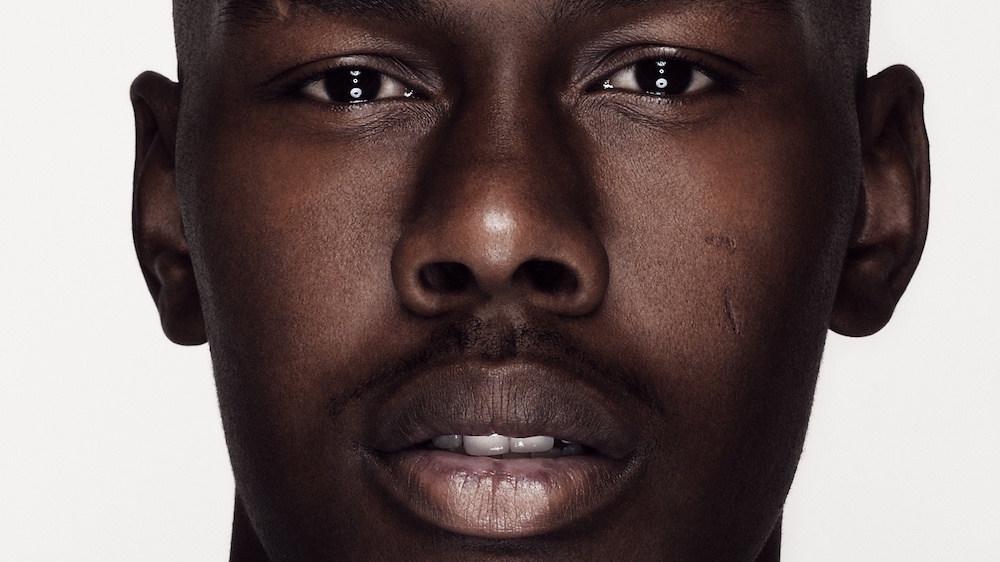If you’re interested in sharing your opinion on any cultural, political or personal topic, create an account here and check out our how-to post to learn more.
Opinions are the writer’s own and not those of Blavity's.
____
At the beginning of this year, a 22-year-old Puerto Rican woman in New York City falsely accused a 14-year-old Black boy of stealing her phone. In a video of the incident, Miya Ponsetto tackles Keyon Harrold Jr. and yells at the young boy to return her phone in the middle of a hotel lobby. But Harrold Jr. never had the phone, which was later returned to Ponsetto by an Uber driver. It was a clear case of racial profiling — Ponsetto accused the first Black person she saw of being a thief. The story went viral, partly because it took place in the wake of America’s Black Lives Matter summer, and Ponsetto eventually sat down for an interview with Gayle King to set the record straight.
“I wasn’t racial profiling whatsoever. I’m Puerto Rican. I’m, like, a woman of color. I’m Italian, Greek, Puerto Rican,” Ponsetto said. When King asked, “You keep saying you’re Puerto Rican. Does that mean that you can’t be racist because you’re saying you’re a woman of color? Is that what you mean?” Ponsetto responded, “Exactly.”
This is the problem with the term “People of Color.” I’m not sure when it emerged, but last year, when I started seeing the term “BIPOC” for Black, Indigenous and People of Color, I realized it had gone too far. The lumping together of all minorities (the term I prefer and will use in this article because that is what we are: minority populations the systems in this country were never designed for) into one category has to stop. There is not a white experience and then a “People of Color” experience; every ethnicity experiences this country much differently.
It’s a fact that every non-white person in America is discriminated against, but let’s not act like all “People of Color” are a united group who protect one another and rally up against the oppressive white people. Trayvon Martin’s killer, George Zimmerman, identifies as Hispanic on his voter registration forms. A Hmong-American former police officer defended and was complicit with Derek Chauvin’s actions, while Chauvin knelt on George Floyd’s neck until he died. Fifteen-year-old Latasha Harlins was shot and killed by a Korean American. Anti-Blackness exists in every culture.
Think of the times in your life when you’ve heard a Black joke or a racist comment. I guarantee it wasn’t only a white person saying it. Asian communities have a history of appropriating Black culture — in Japan, I saw Japanese men with dreadlocks and Jordans — but they also have a history of anti-Blackness. In Asian-owned beauty supply stores, which supply all Black beauty products, I and other Black customers are often followed around while we shop. Dominicans, despite being on the same island as Haiti separated only by an imaginary border, refuse any connection to Blackness. When I was in high school, Mexican and Arabic boys said the n-word because they thought their brown skin gave them a pass.
Think of your own family, if you are a minority. Did your parents ever make a comment about what would happen if you brought home a Black boyfriend or girlfriend? What were their thoughts during OJ’s trial? The Black Lives Matter Movement? It was nice to see people from all different backgrounds come together last summer at BLM protests, but that was the first time I’ve seen such diverse support. More often than not, communities stand up for their own issues — and that’s it. Just because we’re not white doesn’t mean we all stand up for each other and believe the same things. We are not one group.
Additionally, the term “People of Color” is often used when what is really meant is Black people. “The way the police treat people of color in this country,” “the mass incarceration of people of color,” “the racism in medicine towards people of color because of the lack of POC doctors.” The reality is that Black Americans are 3.23 times more likely to be killed by police than white Americans. Black men account for 34% of the male prison population, compared to 29% of white men and 24% of Hispanic men. Black women are three times more likely to die from pregnancy-related complications than white women, while Hispanic and Asian women have a lower maternal death rate than white women. The majority of doctors in America are white, but the second-largest majority are Asian, while Black doctors account for only 5%. These are not “People of Color” issues — they are uniquely Black issues.
Yes, it is harder for all minorities to get hired over white people; yes, we are all discriminated against when applying for houses; yes, it is harder for all to build generational wealth. But Black people are almost always the most affected.
This is not the oppression Olympics. I’m not competing to prove Black people are the most oppressed, and I’m not saying that other minorities are not. But the term “People of Color” erases Black people and the struggles that are uniquely ours. When you are talking about issues that only affect us, the least you could do is just say that.
“People of Color” may seem like a progressive, inclusive term, but to me, it’s just an easy way to avoid thinking about all the different minorities in this country; there are white people, then all the colored people — whoops, I mean “People of Color.”
